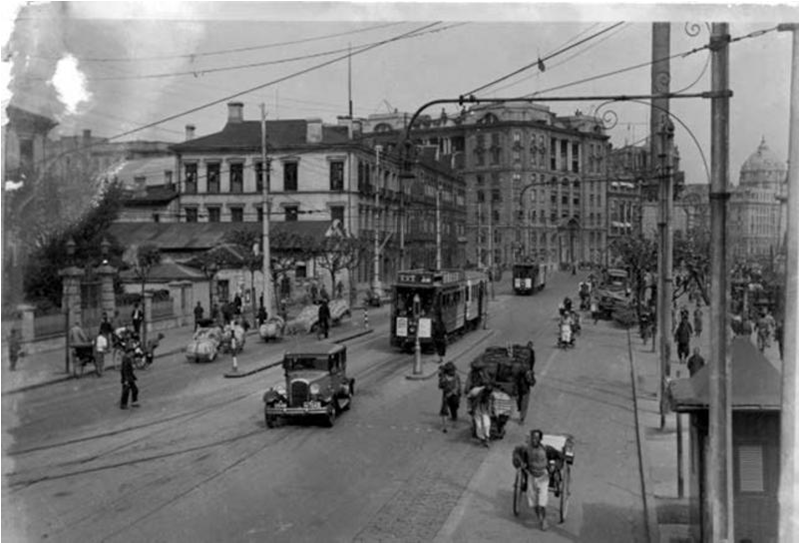Shanghai
11.09.2015Shanghai, the biggest city in China and one of the biggest in the world, has a cultural aura as dazzling as is dark. In the 1920s and 30s it was a place of turbulence where western culture, changed by Chinese statutes, dominated the world.
Shanghai was China’s first modern cosmopolitan city, its cultural capital and financial heart of Asia but tormented. Following the opium wars of the previous century, the British, Americans and French arrived shortly after joined by the Japanese. Although the country suffered fierce internal struggles, was a bridgehead to the outside world being also a centre of power where triads, warlords, communists, nationalists and other secret factions waged battles, became partners, betrayed each other, traded together and played on the support from foreign concessions.
Prostitution, racketeering, gambling, opium – the city was a maelstrom of depravity that fascinated the Western bourgeoisie in search of excitement, but was also the beginning of contemporary Chinese culture which took on new Western forms of art, cinema and jazz by mingling its roots in these, especially opera and theatre, developing a rebellious culture. So rebellious in fact that it was judged nihilistic, this ended first in 1937 then with the victory of Mao Zedong in 1949. Shanghai went through a long isolation period until the Deng Xio Ping reforms. Artists and the elite took refuge in Hong Kong – just as the European Jewish intellectual and artistic elite found refuge in Hollywood at the same time. Hong Kong art, including cinema, benefited enormously.
The magnificent film The Wild Wild Rose by Wang Tian-Lin (Wong Tin-lam), condenses this hybridisation heritage of European cultures with its traditional culture. While shot in Hong Kong in 1960 in the Wan Chai district, it’s a celebration of the Shanghai pre-war cabaret culture, a film of this community’s exile. But most important of all, it transposed George Bizet’s Carmen into Mandarin, not without a nod in the direction of Puccini’s Madame Butterfly. This devious Chinese Carmen led by the exquisite Grace Chang seems to capture the capitalist culture of moral liberation with accompanying disillusionment, but that would be based on Europe-centric criteria. Why? Because it’s the assertion of a Chinese social revolution drawing on its ancient teachings where education awakens conscience and enables social suffering to be taken into consideration.
The subliminal message this great film has is that literature and art are more revolutionary than weapons and their horrors. The Wild Wild Rose is a profoundly Chinese film driven by European fuel that gives insight into this bewitching blend of art, pleasure and lust that was Shanghai at the time.
This month, diptyque opens its first stores in China: 3F, Plaza 66, No 1266, Nanjing Road (W), Shanghai


